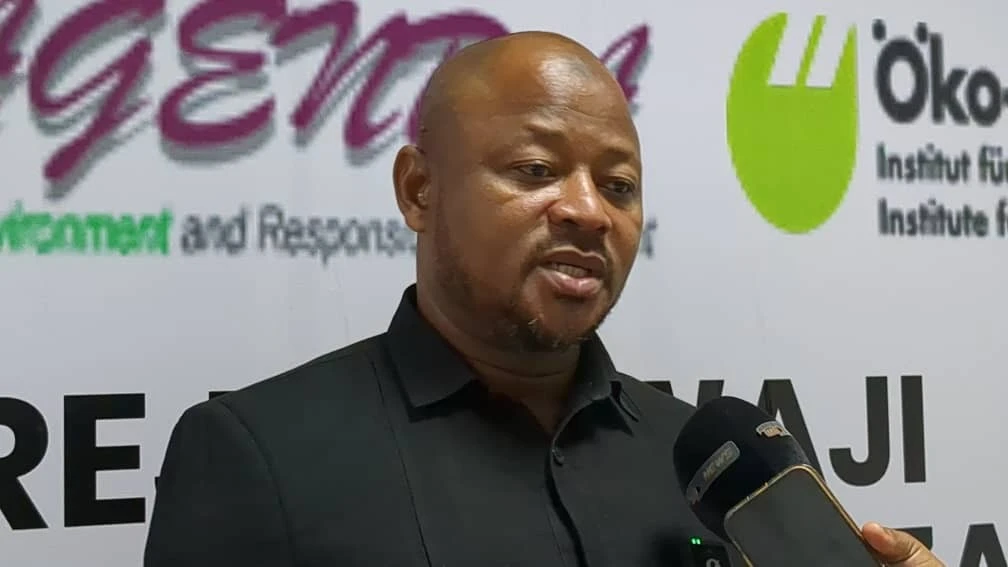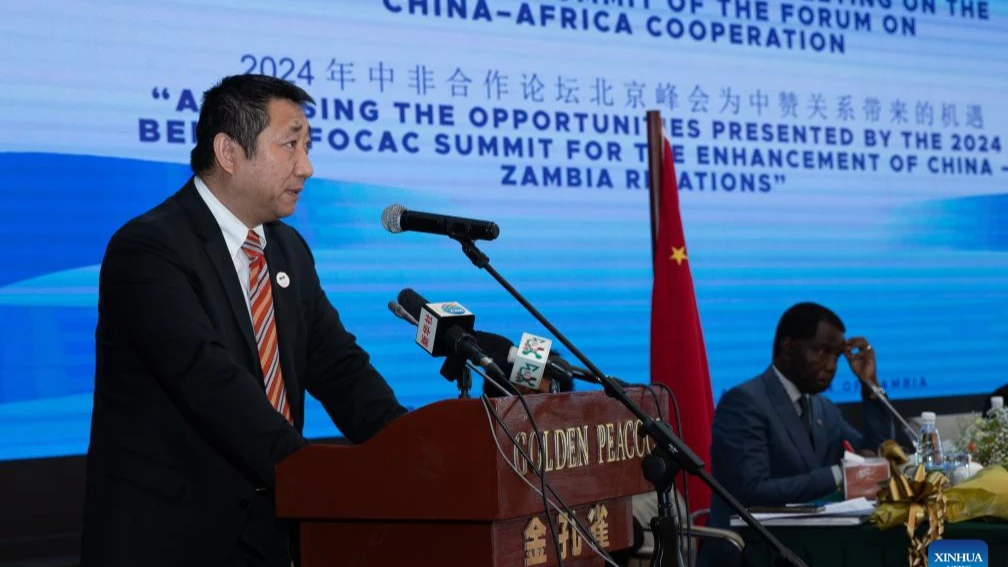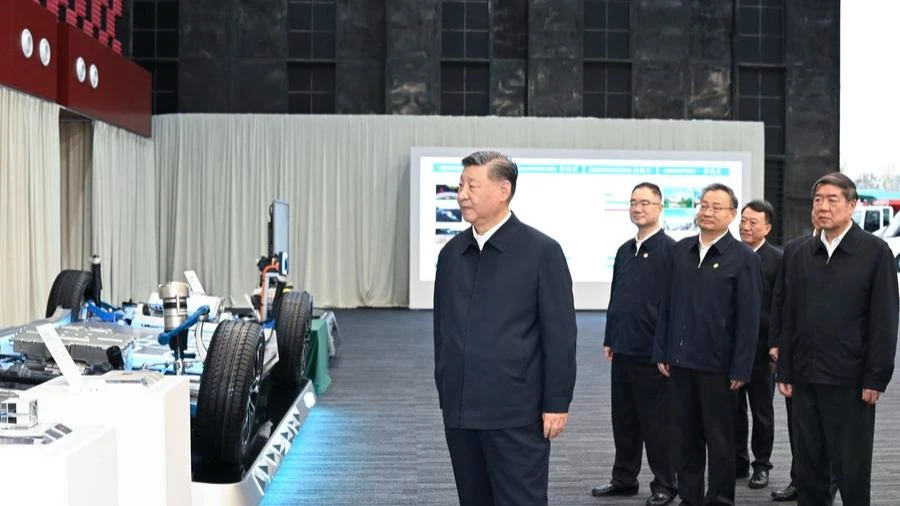Stakeholders, experts root on proper recycling of lead-acid batteries
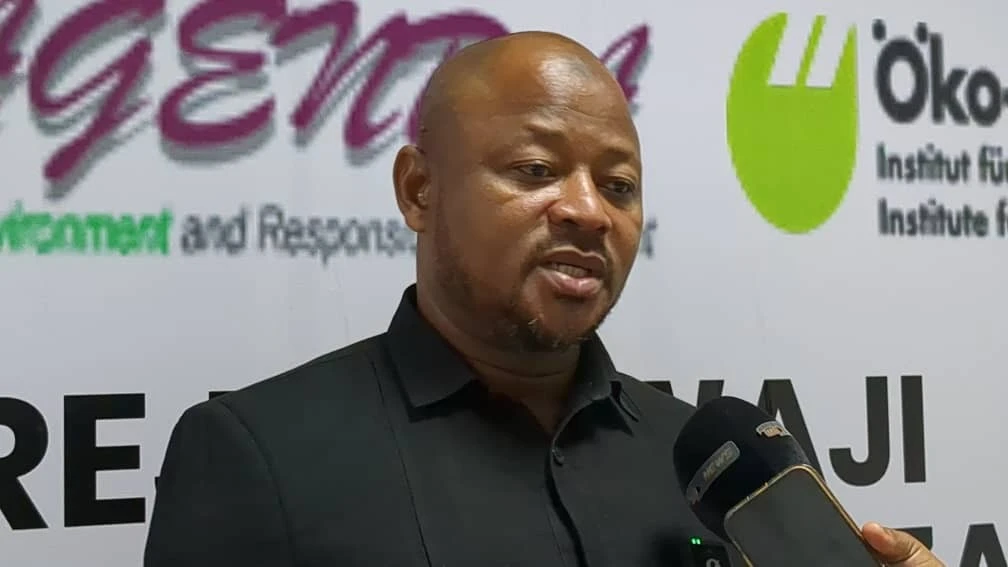
IN a bid to address the environmental and health challenges posed by used lead-acid batteries (ULAB), stakeholders and experts from various institutions, including recycling factories, have gathered in Dar es Salaam for a five-day workshop.
The event which commenced yesterday aims to discuss strategies for enhancing the management and recycling of the batteries. It is organised by Agenda for Environment and Responsible Development (AGENDA) in collaboration with Öko Institut, by the German Development Agency (GIZ) and the National Environment Management Council (NEMC).
During the opening of the workshop, Hamad Taimuru, Acting NEMC Director General warned that improper management of used batteries poses serious environmental risks due to the toxic lead they contain.
He acknowledged that some batteries contain hazardous materials, such as mercury, lead and cadmium which, if they are not disposed of correctly, can cause major health and environmental damage.
“Lead-acid batteries, commonly used in Tanzania’s automotive and industrial sectors, are essential for powering vehicles and supporting solar initiatives in rural areas,” he said.
However, as the batteries reach the end of their lifespan, they can become hazardous waste.
He further said that the workshop aims to address ongoing compliance challenges related to the Environmental Management Act and the Hazardous Waste Control and Management Regulations.
“Despite existing regulations requiring Environmental Impact Assessments and permits for ULAB handling, informal collection and illegal exports remain rampant, undermining local recycling efforts and increasing imports,” he said.
To combat the issues, the NEMC official called for closer collaboration among stakeholders.
He urged the creation of public awareness campaigns and the formalisation of the informal sector to ensure proper ULAB management.
“Creating incentives for local recycling industries and developing a national database on ULAB will help us understand and manage the volume of batteries in the country,” he said.
As participants engage in discussions and share expertise over the next few days, Taimuru expressed hope that actionable solutions will emerge, contributing to a safer and more sustainable future for Tanzania.
He said NEMC was committed to implementing the recommendations that arise from this workshop, further solidifying the country's efforts to protect the environment and public health.
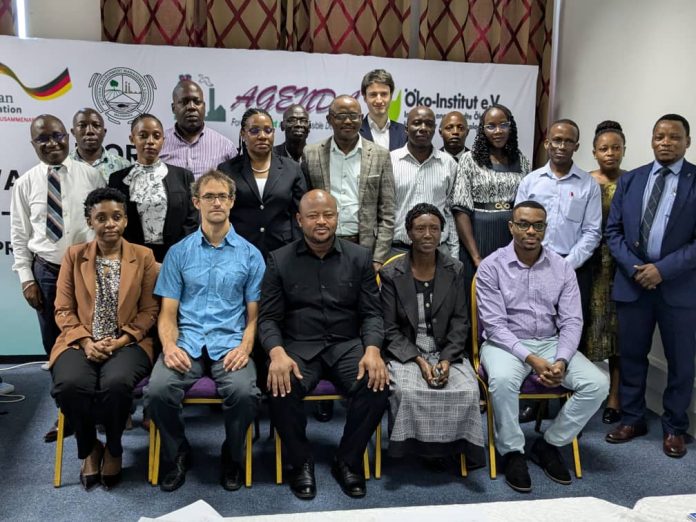
She noted that lead is a toxic metal residue used for many purposes and noticeably present in a variety of consumer products such as paint, ceramic glazes, solder, ammunition as well as some traditional medicines and cosmetics, she stated.
The workshop was conducted in view of the international lead poisoning prevention week which takes place annually, taking up the third week of October, a week of action intended to raise awareness about the health effects of lead exposure, she stated.
Andreas Manhart, senior researcher, Sustainable Products and Material Flows Division at Öko-Institut, a European research consultancy firm, offered valuable insights into emerging trends, best practices, and lessons learned from various global regions grappling with comparable waste management challenges.
Henry Kazula, coordinator of the Tanzania Recyclers Association (TARA) most of the dead batteries are just dumped haphazardly, harming the environment and human beings instead of being delivered to proper recycling companies.
He noted that many people do not have the awareness of where to dispose of dead car batteries, something which required more awareness campaigns.
He said TARA has always emphasised the importance of proper collection and recycling of the products, reminding companies to adhere to the set regulations on how to handle the products.
Top Headlines
© 2024 IPPMEDIA.COM. ALL RIGHTS RESERVED








